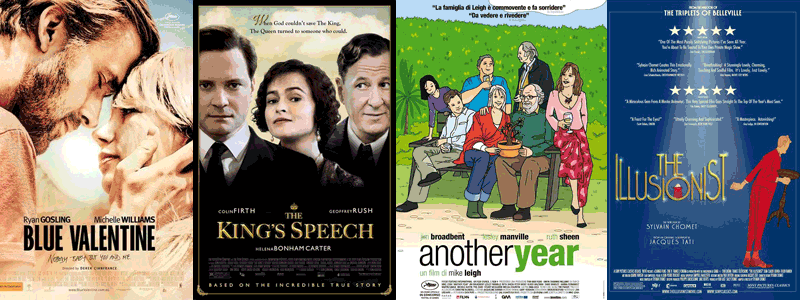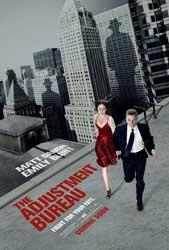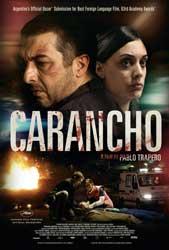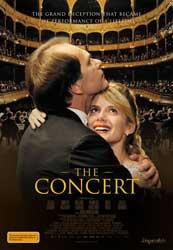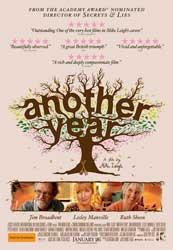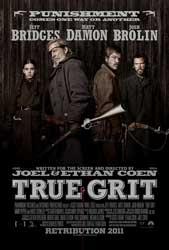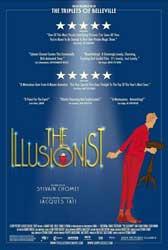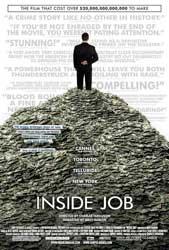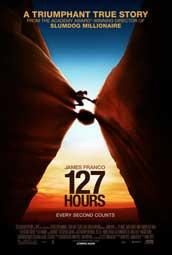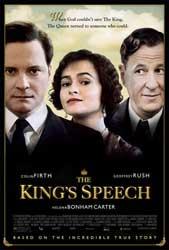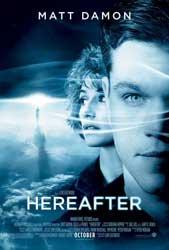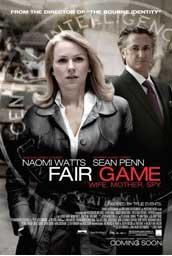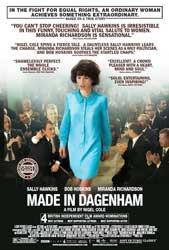“Another Year”-Mike Leigh, one of the finest directors working today, makes serious and thoughtful movies: stories about the experiences and emotions of common people, such as “Secrets and Lies,” “Vera Drake,” and “Happy-Go-Lucky.” They are not always easy to watch but they always provide insight into the vagaries of life. His films are never commonplace, often contain a great deal of ad-libbed but completely appropriate and insightful dialogue, and contain intriguing characters, especially in view of the brilliant acting qualities of his cast (virtually a repertory group of actors who appear regularly in his films). In “Another Year,” Leigh tells the story of Tom (Jim Broadbent) and Gerri (Ruth Sheen), a rather content older middle-aged London couple who seem to be surrounded by people not quite as satisified with life as they are. Tom is a geologist and Gerri is a mental health counselor, and their favorite activity is working in a community garden, growing vegetables. “Another Year” does exactly what its title implies: telling us the story of a year in the lives of these characters, in four Acts coinciding with the seasons from Spring to Winter. Among Tom and Gerri’s friends and relatives are Mary (Lesley Manville), an insecure single woman who works with Gerri and who appears to be a regular invitee to their home. Mary is nervous and lonely, has a fantasy crush on Tom and Gerri’s 30-year-old son, Joe (Oliver Maltman), and begins to deteriorate mentally when she finds that Joe has found a girlfriend, Katie (Karina Fernandez). Watching Mary in Tom and Gerri’s home, one wonders how they could possibly tolerate her presence, until the stress of her behavior begins to appear in Act 4, Winter. Then there is Ken (Peter Wight), an old friend of Tom’s who also suffers from loneliness and a little too much boozing, and who hits on Mary. But Mary, who eagerly seeks companionship from the least likely, is repelled because Ken’s looks have seriously deteriorated over the years. Finally, there is Ronnie (David Bradley), Tom’s brother, who in mostly stunned silence is facing a new way of life after the sudden death of his wife. Lesley Manville provides a brilliant performance as the distressed, almost hysterical Mary, a woman who allows an impossible fantasy to affect her relationship with Tom and Gerri. Also of note in the cast is Martin Savage (who debuted as George Grossmith in “Topsy-Turvy”) as Ronnie’s angry son, Carl, who couldn’t even make it to his mother’s funeral on time, and the wonderful Imelda Staunton (“Vera Drake”) in a brief role as a seriously depressed woman being counseled by Gerri. “Another Year” is not the kind of feel-good movie that makes you tingly at the end. Instead, it is painful and sad, but it raises all kinds of questions about the difficulties of daily life and how people cope, or don’t. A (6/11/11) | |

